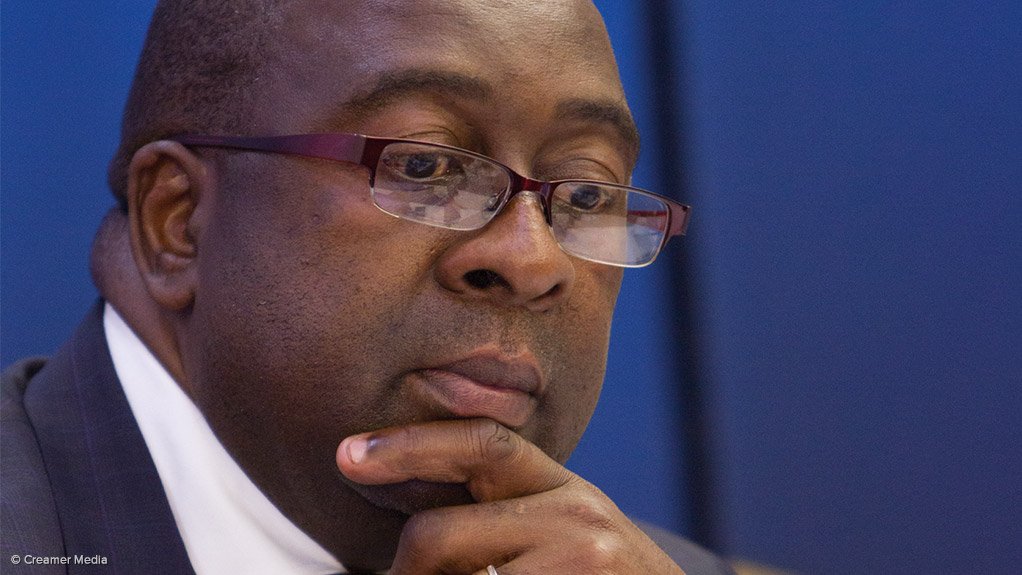The South African Revenue Service (Sars) collected R1.216-trillion for the 2017/18 financial year, representing growth of R72.4-billion, or 6.3%, year-on-year.
This was, however, lower than the R1.217-trillion target set by the National Treasury during the 2018 Budget speech.
The main sources of revenue that contributed were personal income tax, value-added tax (VAT) and company income tax.
Finance Minister Nhlanhla Nene on Tuesday said the 2017/18 financial year had been characterised by distinct and clearly delineated growth patterns.
Until December 2017, revenue in aggregate grew by 6.2% year-on-year.
For the period from December 2017 to February 2018, revenue growth accelerated to between 9.5% and 15.5%, strengthening aggregated year-on-year growth to about 7.3%.
Nene attributed this to an improvement in business confidence to levels last seen in 2015, resulting in an improved profit outlook and provisional payments.
“[Further,] the Purchasing Managers' Index indicated a recovery in the manufacturing sector, which translated in improved company income tax from this sector,” Nene added.
He highlighted that tax compliance was one of the key determinants of revenue collection and that Sars has seen a decline in compliance.
“Ninety per cent of the budget came from revenue collections and forms the basis of our fiscal framework‚” he said.
He further noted that revenue collection was driven by the state of the economy, the fiscal policy choices made, administrative efficiency and tax morality, which determines taxpayer compliance.
“As much as the performance of any tax administration is premised on the economy, other key determinants include business and consumer confidence and the credibility of the tax administration,” he said.
The slower recovery of consumer confidence resulted in lower domestic VAT.
As a result, domestic VAT grew at a muted level of 4.5%, well below the 8.1% growth recorded in the previous year.
“Business confidence is yet to translate into higher employment numbers and significant growth in the wage bill. As a result, pay-as-you-earn [growth], the largest contributor to the Sars tax portfolio, came in at 8.6%, significantly below the 9.2% levels experienced in the prior two years,” Nene noted.
Despite this decline in compliance, Nene pointed out that most taxpayers continue to perform their tax obligations diligently.
The revenue estimated for 2018/19 is R1.35-trillion‚ which represents growth of 10.3%.
New tax measures implemented this year include a higher VAT rate and below-inflation adjustments to personal income tax brackets, as well as implementation of the sugary beverages levy.
“The VAT hike is anticipated to raise an additional R22.9-billion in 2018/19.”
EMAIL THIS ARTICLE SAVE THIS ARTICLE ARTICLE ENQUIRY
To subscribe email subscriptions@creamermedia.co.za or click here
To advertise email advertising@creamermedia.co.za or click here











